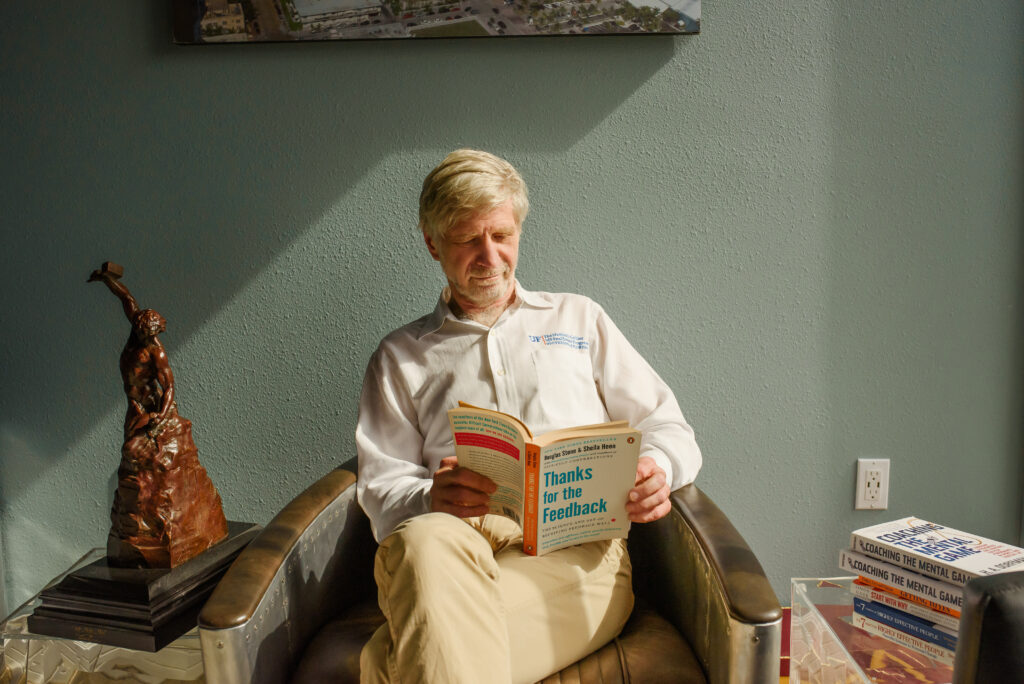It is not enough to desire something; the wise, the successful go one step further. They ask themselves “Why?”. Why do I want this thing, event, person, possession, or change? How do I expect it to change my life? How will things be different? How will I feel? How fleeting will that feeling be? How quickly will I adapt? Are there things now in my life that at one point I desperately wanted that I now take as the norm? What lies beyond this desire? What will I desire next?
It is important to ask these questions repeatedly, as deeper levels of understanding and awareness emerge, and to dwell on them and to listen to what wells up. Journaling is an excellent tool to help you excavate the inner workings of your mind and emotions. Journaling helps memorialize your thoughts and allows you to go back and compare your reactions when you achieve your desire with your prior expectations. This process raises yourself awareness and emotional IQ and greatly improves your predictive intelligence i.e. your ability to forecast how you will feel in the future, in various potential realities. All too often we chase false goals, mirages, ones that won’t actually get us the happiness, contentment, and satisfaction we seek. You can’t get enough of what you don’t need/truly want.
Effective forecasting of future feelings is a vital life management skill howbeit one that requires emotional effort and the willingness to look deep within, to go to the balcony and observe ourselves dispassionately.
Closing Quotes:
“Ours is a world where people don’t know what they want and are willing to go through hell to get it.” – Don Marquis, New York newspaper columnist, poet, humorist (1878-1937)
“The world I am desperately trying to understand is the one in which men think they want one thing and then upon getting it, find out to their dismay that they don’t want it nearly as much as they thought or don’t want it at all and that something else, of which they were hardly aware, is what they really want.” – Albert O. Hirschman, 1915-2012
“In the quest for happiness, most of us try to guess what the future might bring, then try to project ourselves, with all our hopes, quirks and predilections, into that unknown. We use a fuzzy image of the future to make all kinds of decisions. Those predictions are essential to happiness… and they are most always wrong.” – Psychology Today, Jan/Feb 2005, p. 45
As always, I share what I most want and need to learn. – Nathan S. Collier





